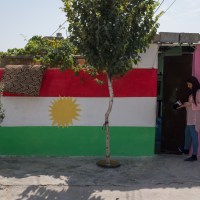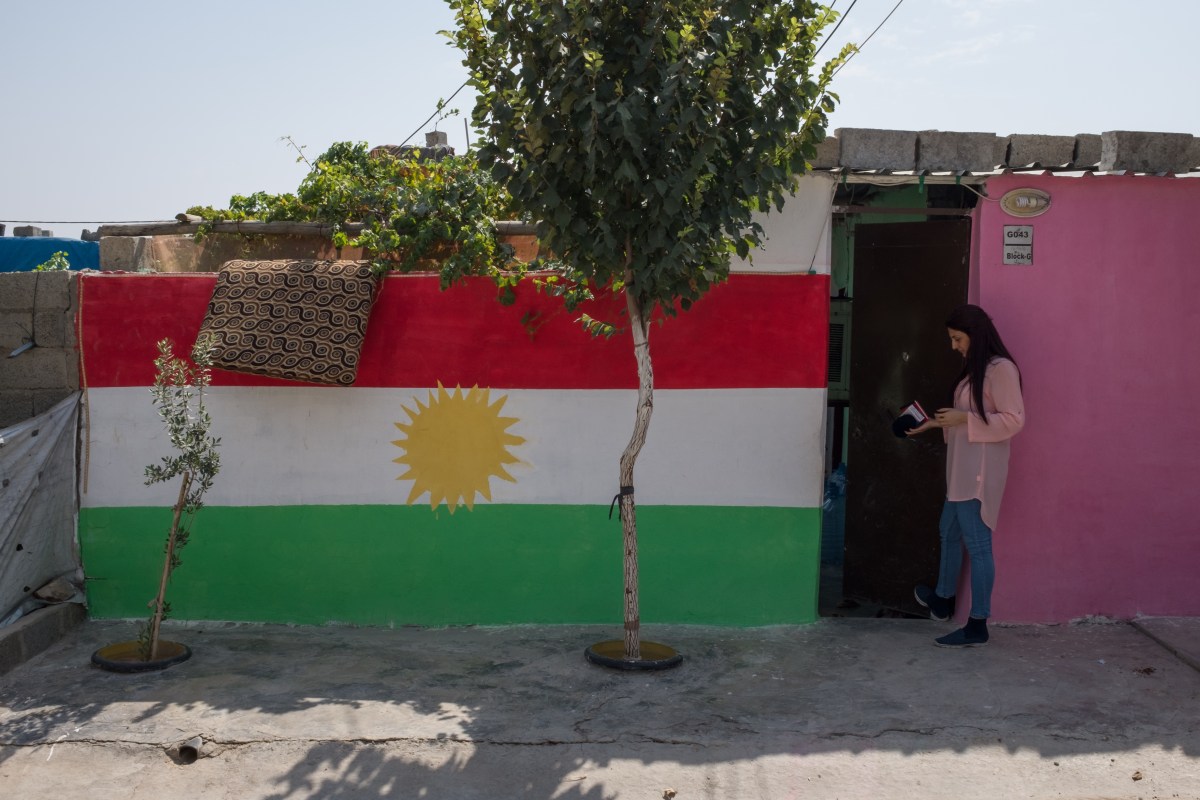On Tuesday, you met the Kurds. Yesterday, you saw Kurdistan’s beauty. Today, we discuss the possibility of Kurdish national statehood.
If Kurdistan gains independence, our work and vision will remain the same—we will simply be operating in two countries rather than one. Children will still need heart surgery, and waging peace will still be crucial.
Even so, we want you to better understand why Kurdish self-determination in Iraq is so complicated—and what is standing in its way.
Here are three main barriers to Kurdish independence:
1) The economics of oil.
Iraqi Kurdistan contains nearly 30 percent of Iraq’s oil and has the capacity to export 125,000 barrels of oil a day via a new pipeline to Turkey—with plans to increase to 400,000 by the end of this year. Baghdad, however, has accused the Kurds of exporting oil without permission, while the Kurds argue that governing their own oil reserves is a constitutional right.
Two things happened as a result: Baghdad slashed the portion in its federal budget for the Kurdistan Regional Government (KRG), so Kurdish civil servants haven’t gotten paid for their work since the beginning of this year—and foreign investors are hesitant to invest in Kurdish oil for fear of backlash from the Iraqi government.
So, in the midst of pursuing their own independence, Kurdistan must also navigate sanctions-like restrictions from Baghdad and an impending internal financial crisis.
2) International recognition.

The independence of Kurdistan relies heavily on the response of foreign powers.
Israel—a fellow non-Arab people group—is thus far the only nation to recognize an independent Iraqi Kurdistan. Public support from a country often at odds with the rest of the region, however, may not ultimately help the Kurds.
Some fear that Kurdish success in Iraq may incite their counterparts in Turkey, Syria, and Iran to likewise take steps toward national independence—resulting in an intensive redrawing of the entire Middle Eastern map.
The Turkish government must weigh this risk against the benefits of an oil-rich, politically stable neighbor to the south. A Kurdistan with enough autonomy to export oil without Baghdad’s constraints would be economically beneficial to Turkey—and serve as a buffer between Turkey and the Islamic militancy and instability in Iraq. Ultimate affirmation from Turkey is invaluable because an independent Kurdish nation will rely, at least initially, on a strong economic partnership with their neighbor to the north.
Finally, the U.S.—one of the Kurds’ past, and occasionally only, allies—continues to advocate a unified Iraq, though some believe the American government’s position is changing toward the question of Kurdish statehood.
3) Acceptance from Baghdad.
The final obstacle in receiving Kurdish independence comes from within the Kurds’ current nation—Iraq. An independent Kurdistan would result primarily in border conflict over the oil-rich, long-contested western city of Kirkuk, as well as the loss of oil revenues and reserves currently produced by the Kurdish region.
Come back tomorrow for our weekly link roundup on the latest news about Iraqi Kurdistan’s push for independence!


